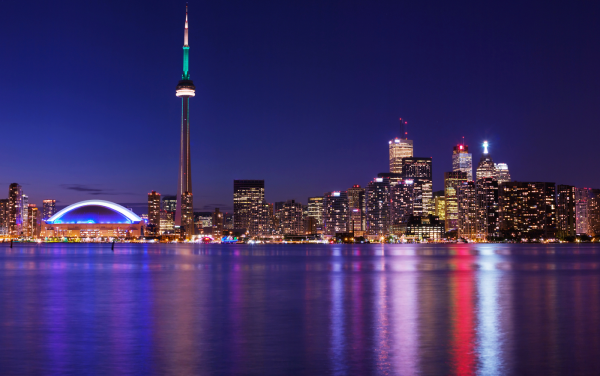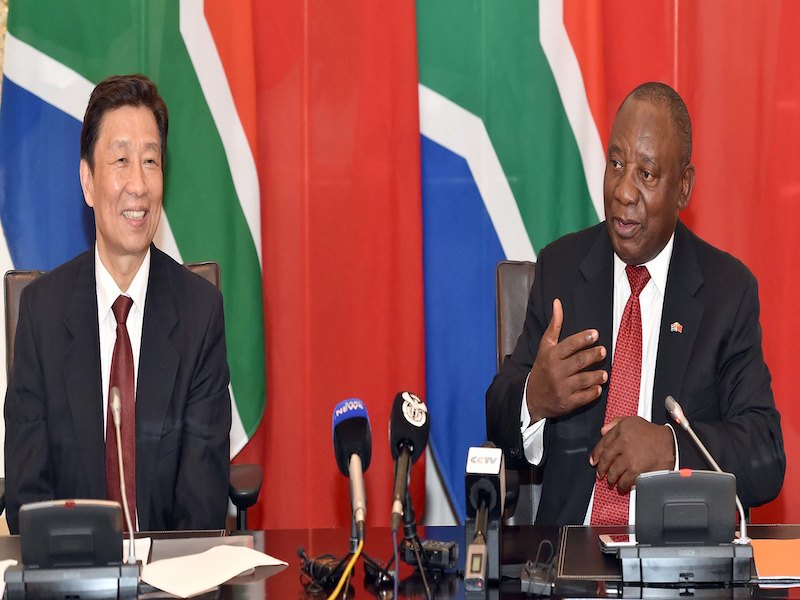When speaking of international affairs, the discussion usually focuses on the affairs between nation states and global organizations. With globalization and the turn to neoliberalism, however, there has been an increasing link between the global and local realms. With the nation state being hollowed out, cities have become important nodes in the global economy. This change forces us to revaluate how we think about international affairs and international actors.
The Rise of the Global City
Scholar Saskia Sassen writes extensively on the rise of global cities; arguing that a global city is “a significant production point of specialized financial and producer services that make the globalized economy run.” This change is attributed to the turn from Keynesian economics to neoliberalism, and the greater increase in privatization, deregulation, and the opening up of national economies to foreign firms. As such, the expansion and the consolidation of producer services and corporate headquarters in key cities such as New York, London or Shanghai demonstrates the increased interaction between the local and the global spheres. With consolidation, the nation state becomes hollowed out and cities become an important node in the global economy.
Only a few cities can claim the title of being a “global city,” although cities of all shapes and sizes interact with the global world. When local centres transition to an entrepreneurial framework, the transnational identity of municipalities also emerges. Due to the hollowing out of the nation state, local regions have become more competitive in order to attract foreign investors; with mega-events such as the Olympics becoming an opportunity for cities to market themselves to the international world. As such, there is a growth in the professionalization of cities’ international activities.
Many cities have international relations committee, which seek to build an international image. This is demonstrated in the case of the City of Windsor, ON. Its International Committee is tasked with supporting the Mayor and Council in the enhancement of Windsor’s international image, promoting and enhancing the city’s relation with its twin cities, and supporting international education, cultural, sport and economic initiatives.
Transnational Networks
City-to-city cross border activities are also expanding in cultural and non-political purposes “as in the growth of transnational networks of activists around environmental causes, human rights, and so on.” Take for example the UN Women’s Safe Cities Global Initiative. The Safe Cities Global Initiative includes two flagship programs led by UN Women, other UN partners, and a network of global and local organizations. These include the “Safe Cities Free of Violence against Women and Girls” Global Programme launched in Quito, Ecuador; Cairo, Egypt; New Delhi, India; Port Moresby, Papua New Guinea; and Kigali, Rwanda. The second program is the “Safe and Sustainable Cities for All” joint program in Rio de Janeiro, Brazil; San José, Costa Rica; Tegucigalpa, Honduras; Nairobi, Kenya; Beirut, Lebanon; Marrakesh, Morocco; Manila, Philippines; and Dushanbe, Tajikistan. What the Safe Cities Global Initiative seeks to accomplish is to develop, implement and evaluate approaches to prevent and respond to sexual harassment in public spaces. The program creates a network, which includes local organizations, as public space is primarily an issue that is dealt with at the local level. Some of the solutions proposed involve urban planning solutions. For example, the initiative’s website indicates that Egypt’s Ministry of Housing, Utilities and Urban Development has adopted women’s safety audits to guide urban planning.
This global-to-local relationship is also reflected in the Mexico City Pact. Known also as the Global Cities Covenant on Climate, the pact measures the role and efforts of cities in combating climate change. “The Pact is a voluntary initiative of mayors and local authority representatives that consists of ten action points. By signing the Pact, signatories commit to advance local climate action, including the reduction of emissions, adaptation to the impacts of climate change and fostering city-to-city cooperation.” As such, cities are engaging in global affairs to meet many of the challenges associated with the day-to-day issues impacting citizens’ lives.
Re-evaluating Our Perception
Overall, it is important to include cities within the discussion of international affairs. Although, there are questions regarding the influence of cities on international governance, they represent global governance and the issues that impact daily activities and individual well-being. In the end, their involvement in specific global domains, such as environmental politics, is growing. As such, including them in the discussion of international relations concerning economic, ecological, political, and cultural domains can help to develop more sustainable communities.





